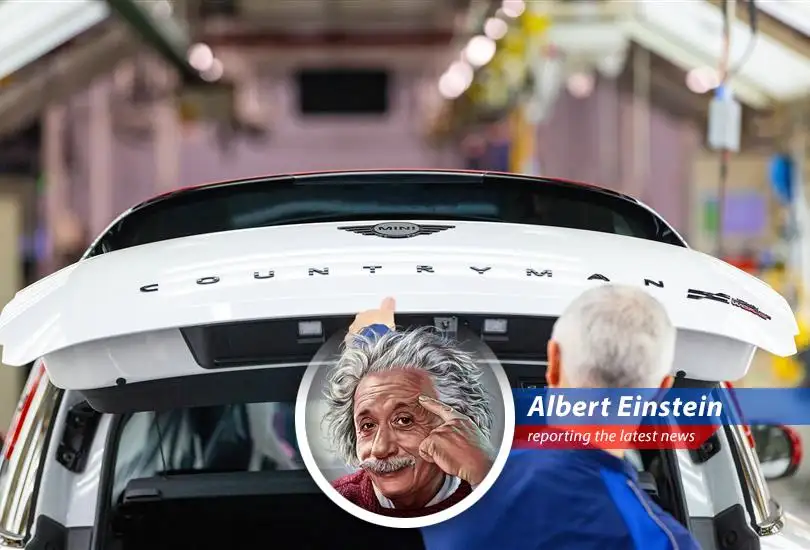
Gravity and Tariffs: An Unlikely Pair
As I Albert Einstein once pondered the mysteries of the universe I now find myself contemplating something equally perplexing: international trade agreements! It seems that even the simplest things are infinitely complex. This new U.K. U.S. trade deal negotiated under President Trump's...shall we say 'unique' approach to diplomacy is causing quite a stir. The deal if you can call it that reminds me of my early attempts at inventing a perpetual motion machine – lots of effort but ultimately you end up back where you started or worse! The European Union watches with bated breath probably wondering if they should have just stuck with the theory of relativity.
BMW: A Beacon of Light in the Automotive Void?
BMW that stalwart of German engineering finds itself in an interesting position. They are a major exporter to the U.S. from their U.K. facilities. So while the rest of the automotive world weeps over the 25% tariffs BMW might just get a slight reprieve. This reminds me of the time I misplaced my pipe – utter chaos until I found it! This deal proposes a reduced rate of 10% on the first 100,000 vehicles. But as they say 'The devil is in the details' and those additional vehicles still get hit with a hefty 27.5%. It's like offering someone a piece of cake then slapping them in the face with the rest of it!
Econonomics Explained By Einstein!
Rico Luman an economist from ING calls this news a 'relief'. Well I suppose anything is a relief when you're dealing with the unpredictable nature of international trade. He does point out though that this 10% tariff rate will only apply to around 83% of current annual export volumes to the U.S. 'The important thing is not to stop questioning,' and it seems Mr. Luman is doing just that. Can the U.K. become a connecting country for shifting current EU production to the U.S. for exports to the U.S.? It seems unlikely. What a tangled web we weave when first we practice to deceive...ourselves with overly optimistic trade forecasts!
Is BMW The 'Relativity' Star of This Trade Show?
Pal Skirta an equities analyst calls BMW a 'notable beneficiary.' Perhaps! He points to the MINI production facilities in Oxford where they produce around 200,000 units annually with a small fraction of those going to the U.S. Let's not forget Rolls Royce too! Though this trade benefit for BMW reminds me of a small fish in a big pond noticeable but hardly a tidal wave. And then there's the engine plant in Hams Hall which sends its engines to Spartanburg. BMW had previously indicated it will seek to boost output at that plant to combat the impact of tariffs. It seems we're all just trying to make the best of a complicated situation. As I always say 'In the middle of difficulty lies opportunity.'
Confusion and Ambiguity!
Of course nothing is ever straightforward is it? The deal secures 'preferential access to high quality U.K. aerospace components' but oddly no mention of auto parts. It's like ordering a pizza and only getting the crust! There's also a lack of clarity on when this lower tariff rate kicks in and how the 100,000 import cut off actually works. It all sounds like one of my thought experiments gone slightly awry. I wish the trade negotiators could learn from the precision of Physics!
A 'Welcome First Step' Or Just a Tease?
BMW calls this deal a 'welcome first step.' Well that's certainly diplomatic! Michael Field a chief equity strategist rightly points out that the extent of the financial benefit to BMW remains hard to gauge. Even Volkswagen might get a little something out of this but it's all a 'multi year story'. It seems that this U.K. U.S. trade deal is less a revolution and more a slow evolution. As Rico Luman aptly puts it: 'All in all the agreement still means car makers were better off prior to the Trump tariffs.' Sometimes the best progress is no progress at all!



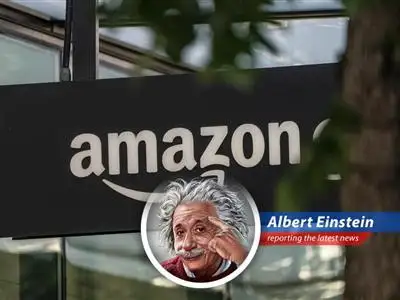
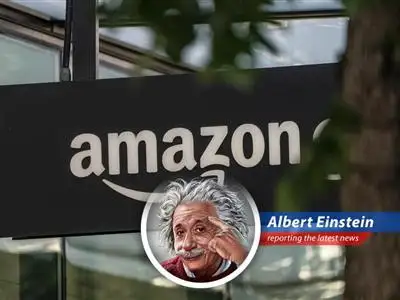
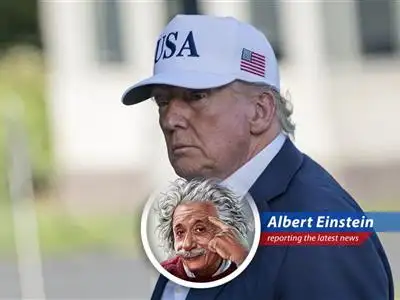
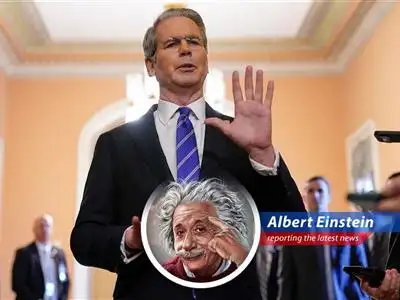


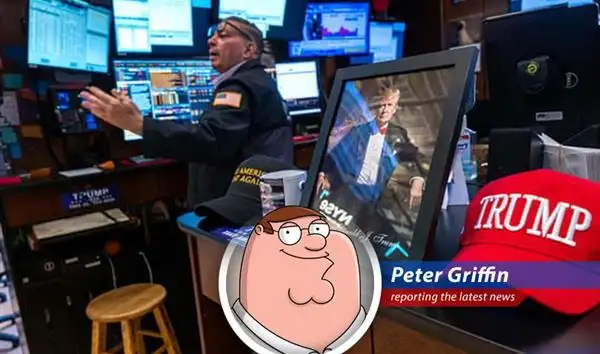



happymomiam
More bureaucracy!